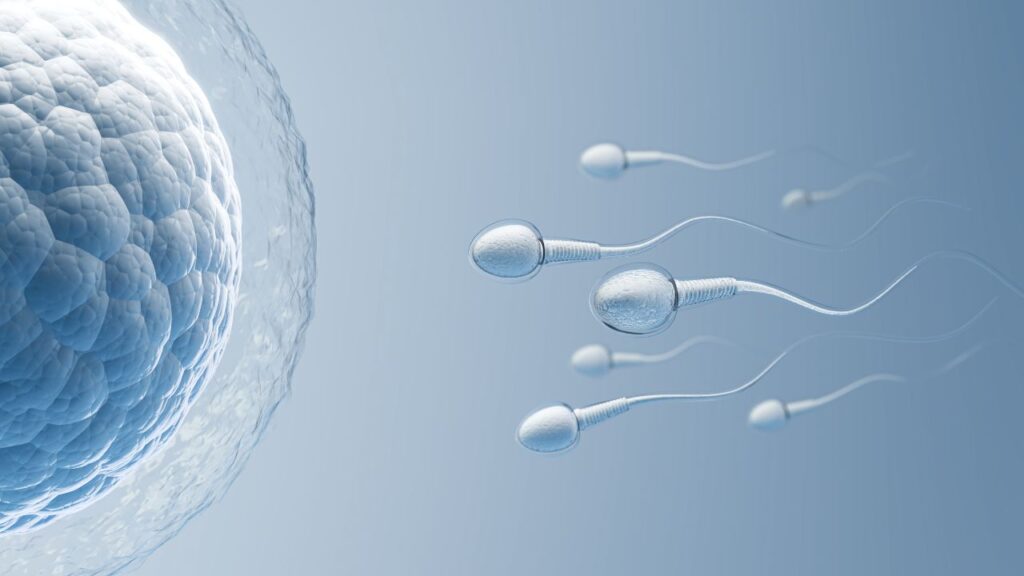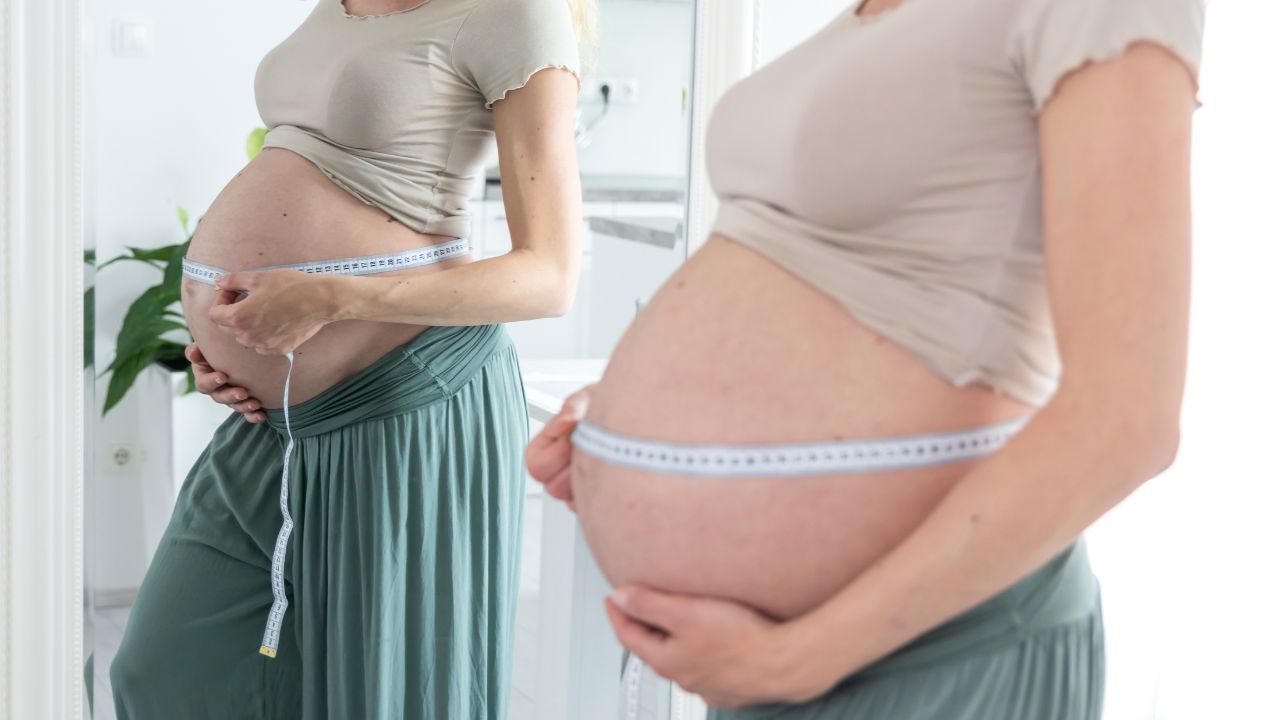For many couples, the journey to parenthood is becoming very challenging due to infertility problems. While 85% of Couples conceive effortlessly, about 15% couples may face difficulties due to various hormonal and lifestyle factors. As a fertility specialist with over 25 years of international experience, I along with my team have helped over 25,000 couples achieve their dream of parenthood both through natural and assisted reproductive interventions.
In this simple and informative blog, I intend to share research backed approaches to boost fertility that applies to both Women and Men. Following these approaches can optimize the chances of conception and help you get pregnant faster—And that too naturally!
UNDERSTANDING FERTILITY: KEY STATISTICS & FACTS

Before I dive into the tips to Boost Fertility naturally, let us look at some fundamental data points that everyone should be aware of.
Peak Fertility Window: A woman is most fertile 5 days before the day of ovulation. Onthe day of ovulation which is usually day 14 of a 28-day cycle.
(Source: American College of Obstetricians and Gynaecologists)
Age & Fertility Corelation: A healthy 30-year-old woman has a 20% chance of conceiving in every menstrual cycle.This percentage drops to 5% by age the age of 40 Years.
(Source: Human Reproduction Journal)
Sperm Health is Not a Myth: About 40-50% of infertility cases these days involve male factors.These are low sperm count and/or Sperm motility. (Source: WHO)
Lifestyle Factors Impact: Smoking is now known to reduce fertility by up to 30%.A much worse concern is that obesity can decrease conception chances by up to 50%.
(Source: Fertility and Sterility Journal)
7 SCIENTIFICALLY PROVEN WAYS TO ENHANCE FERTILITY NATURALLY.
Enhancing fertility is not a Mystery. Below are 7 Ways to enhance your fertility naturally.
1. Track Your Ovulation Accurately
Timing intercourse around ovulation is crucial to getting pregnant fast. Here is how you can identify your fertile window:
- Basal Body Temperature (BBT) Tracking:Even a slight rise (0.5°F) in BBT after ovulation indicates fertility. (Source: Journal of Reproductive Medicine)
- Ovulation Predictor Kits (OPKs): Detect the surge in LH levels(24-36) hours before ovulation to plan timing of intercourse.
- Cervical Mucus Check:An Egg-white-like discharge in Women signals a peak fertility period.
These days there are a lot of Fertility Appslike Flo or Clue that can help predict ovulation with an accuracy of 90% when combined with tracking.
TIP-1: Have intercourse every dayduring the fertile window of the Ovulation period.
2. Optimize Your Diet for Fertility
Nutrition plays a very rolein hormonal balance and overall reproductive health.
Fertility-Boosting Foods:
- Leafy Greens (Spinach, Kale): Rich in folate, which improves egg quality. (Study: Harvard School of Public Health)
- Omega-3 Fatty Acids (Flaxseeds, Walnuts, Salmon): Enhances ovulation and sperm motility. (Source: Human Reproduction Update)
- Antioxidant-Rich Berries: Reduce oxidative stress on eggs and sperm.
- Whole Grains (Quinoa, Oats): Regulate insulin, which affects ovulation (PCOS women benefit greatly).
Foods to Avoid:
- Trans Fats (Fast Food, Processed Snacks): Linked to ovulatory infertility. (Study: Nurses’ Health Study II)
- High-Mercury Fish (Swordfish, Tuna): Can harm foetal development.
- Excessive Caffeine (>300mg/day): May delay conception. (Source: Fertility and Sterility)
3. Maintain a Healthy Weight
Being underweight or overweightdisrupts hormonal balance.
- BMI & Fertility: Women with a BMI of 20-24have the highest conception rates.
- PCOS & Insulin Resistance: Losing 5-10% body weight can restore ovulation in PCOS patients. (Source: Journal of Clinical Endocrinology & Metabolism)
Exercise Tip: Moderate exercise (yoga, walking) boosts fertility, but excessive workouts (marathon running) may reduce it.
4. Improve Sperm Health
Male fertility contributes to 50% of conception challenges.
Sperm-Boosting Strategies:
- Take Antioxidants (Vitamin C, E, Zinc): Improves sperm count and motility. (Study: Fertility and Sterility)
- Avoid Heat Exposure: Tight undergarments, regular hot tubs baths, and laptops on laps reduce sperm quality.
- Limit Alcohol & Smoking: Heavy drinking lowers the testosterone levels and smoking damages sperm DNA.
Did You Know? It takes about 74 days for any male’ssperms to regenerate. Hence any lifestyle changes take about 2-3 monthsto show the desired effects.
5. Reduce Stress & Boost Sleep
Chronic stress elevates cortisol, disrupting reproductive hormones.
- Stress & Infertility Link: Women with high stress levels have 29% lower conception rates. (Source: Fertility and Sterility)
- Relaxation Techniques: Yoga, meditation, and acupuncture improve IVF success rates by 30%. (Study: BMJ)
- Sleep Matters: Less than 7 hours of sleeplowers fertility hormones like leptin and ghrelin.
My Recommendation: Try mindfulness meditation for 10 mins dailyto lower stress hormones.
6. Avoid Toxins & Environmental Hormone Disruptors
Everyday chemicals can interfere with fertility.
- BPA (Plastics, Receipts): Mimics estrogen, reducing egg quality. (Source: Environmental Health Perspectives)
- Pesticides (Non-Organic Produce): Linked to lower sperm count.
- Parabens (Skincare Products): These Disrupt endocrine function.
Switch To: Glass containers, organic foods, and paraben-free cosmetics.
7. Consider Supplements (After Doctor’s Approval)
Some supplements enhance fertility:
- Folic Acid (400-800 mcg/day): Prevents neural tube defects and supports ovulation.
- CoQ10 (100-200 mg/day): Improves egg and sperm quality. (Study: Journal of Assisted Reproduction)
- Vitamin D: Deficiency is linked to infertility—aim for 30-50 ng/mLlevels.
Caution: Always consult a doctor before starting supplements.
WHEN TO SEE A FERTILITY SPECIALIST?
If you are under 35 and trying for 1 year(or 6 months if over 35) without success, consult a specialist. Common tests include:
- For Women: Hormonal profiling, ultrasound, HSG (tubal check).
- For Men: Semen analysis.
Early intervention can prevent delays in conception.
FINAL THOUGHTS
Getting pregnant fast involves a mix of science, timing, and healthy habits. By optimizing ovulation tracking, diet, lifestyle, and stress management, you can **significantly boost your chances of conceiving naturally.
As a fertility doctor, my best advice is: Stay patient, stay positive, and trust the process.
Need personalized guidance? Book a consultation with me at.
References used for this Blog:
1. American College of Obstetricians and Gynaecologists (ACOG)
2. Human Reproduction Journal
3. Harvard School of Public Health – Nurses’ Health Study
4. Fertility and Sterility Journal
5. Journal of Clinical Endocrinology & Metabolism
Dr. Mona Dahiya
IVF & Fertility Specialist
Senior IVF Consultant to Top IVF Centres in India
Founder I Little Angel IVF
Call: +91-9267982924
YouTube:https://www.youtube.com/@drmonadahiya
Instagram:https://www.instagram.com/drmonadahiya/?igsh=MXd5eGJzYnAxeWRmdA%3D%3D#



